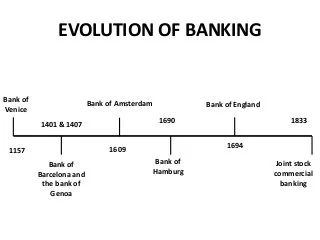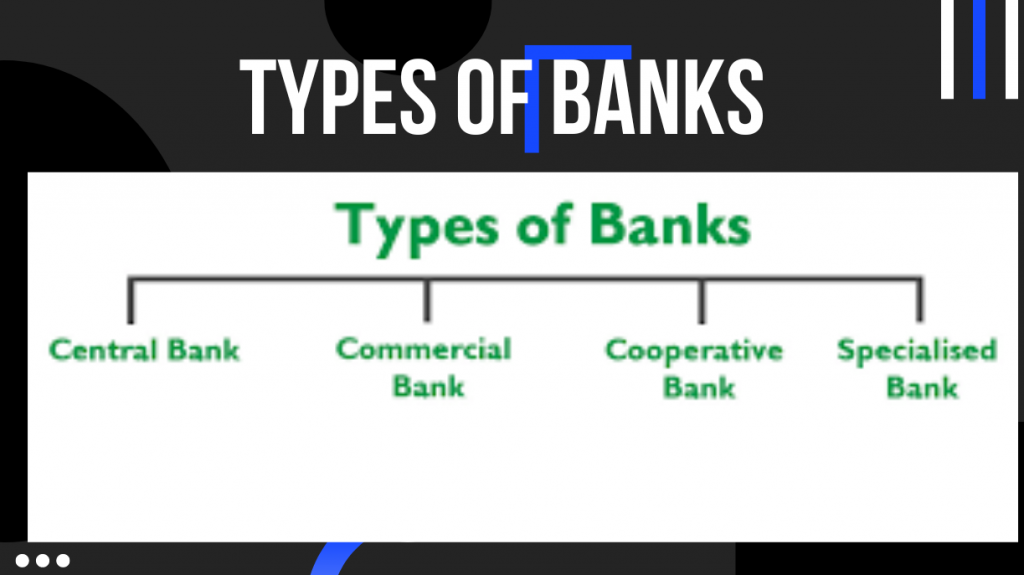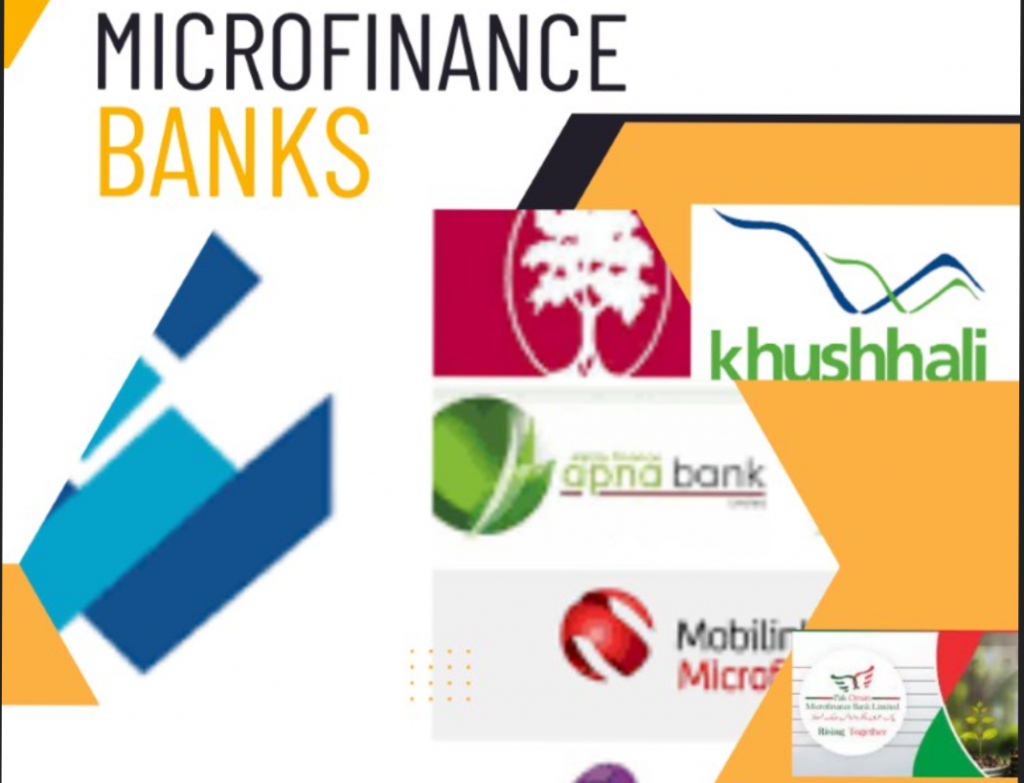Introduction:
Ethical banking practices have received a lot of attention in recent years, as people and society as a whole have become more aware of the environmental, social, and ethical ramifications of financial decisions. Beyond standard banking functions, ethical banking considers the larger impact of financial transactions on people and the environment. This article goes into the fundamental concepts of ethical banking, as well as its significance, key practices, and implementation issues.
Definition of Ethical Banking:
Ethical Banking is defined as the incorporation of ethical and sustainable concepts into financial operations. It is also known as sustainable banking or values-based banking. It focuses on providing financial products and services that are consistent with social and environmental principles, so encouraging positive social change while ensuring financial stability.
The Value of Ethical Banking:
The value of Ethical Banking is to be elaborated further with the following elements of day to day practices;
1. Social Impact:
Ethical banks encourage investments in projects that benefit society, such as renewable energy, affordable housing, and community development. This strategy directs finances to activities that improve the well-being of individuals and communities.
2. Environment responsibility:
Ethical banks avoid investing in companies that contribute to environmental damage, such as fossil fuels and deforestation. They help to make the world a greener place by supporting sustainable businesses.
3. Ethical Banking Improves Customer Engagement:
Ethical banking has emerged as a disruptive method in the financial industry, not just for its good influence on society and the environment, but also for its ability to greatly improve client involvement. This article examines how ethical banking practices strengthen client connections by aligning with their beliefs, fostering transparency, and encouraging active participation in social and environmental problems.
4. Trust through Transparency:
Ethical banking practices emphasize transparency in their operations, investment decisions, and overall business model. This commitment to openness fosters trust among customers who are often skeptical of traditional financial institutions. Customers feel more comfortable when they can clearly see where their money is being invested and how it contributes to positive societal impact.
5. Empowerment and Informed Choices:
Ethical banks empower customers by providing them with the information and tools needed to make informed financial decisions. Customers are more engaged when they understand the social and environmental implications of their investments, loans, and banking activities. This empowerment encourages a proactive approach to managing finances and promotes a sense of ownership in driving positive change.
6. Community Involvement and Participation:
Ethical banks frequently engage customers in initiatives that support local communities and environmental causes. Customers have the opportunity to actively participate in projects such as community development, environmental conservation, and social welfare programs. This engagement creates a sense of belonging and encourages customers to view the bank as a partner in their efforts to make a difference.
7. Educational Initiatives:
Ethical banks often prioritize financial literacy and education, offering resources that help customers understand the impact of their financial choices. By providing insights into sustainable investments, responsible spending, and ethical lending practices, these banks empower customers to contribute positively to society while achieving their financial goals.
8. Brand Loyalty and Word of Mouth:
Customers who engage with ethical banks develop a strong sense of loyalty due to the alignment of values and the meaningful impact they collectively create. Satisfied customers are more likely to spread positive word-of-mouth recommendations, leading to increased visibility and growth for the bank’s customer base.
9. Long-Term Relationships:
The emotional connection fostered through ethical banking practices often results in long-term customer relationships. As customers experience the tangible impact of their banking activities on society and the environment, they are more likely to remain committed to the bank over time.
10. Long-Term Sustainability:
By understanding the interconnection of economic, social, and environmental concerns, ethical banking practices contribute to long-term financial sustainability.
Key Ethical Banking Practices:
1. Socially Responsible Investments:
Ethical banks prioritize investments that have a positive impact on society, focusing on areas like clean energy, healthcare, education, and fair labor practices.
2. Transparency:
Ethical banks are transparent about their investment decisions, operational practices, and the impact of their financial products. This transparency builds trust and enables customers to make informed choices.
3. Community Engagement:
Ethical banks actively engage with local communities, supporting initiatives that enhance community well-being and development.
4. Corporate Governance:
Ethical banks adhere to strong corporate governance principles, promoting ethical behavior at all levels of the organization.
5. Fair Lending Practices:
Ethical banks prioritize fair lending practices, offering loans and credit to individuals and businesses that uphold ethical standards. Which means the customer is well informed about the terms and conditions of the loans and there be nothing hidden from customer by the bank while bank ensures the fair treatment of customer in any case. The customers rights are ensured and priorities in ethically strong banks.
To conclude it can be said that the Ethical banking transcends traditional banking models by establishing a thoughtful connection with customers based on mutual values, trust, and the opportunity for active participation in societal betterment. This enhanced engagement not only benefits customers by aligning their financial choices with their ethical beliefs but also positions ethical banks as leaders in the financial industry. As customers increasingly seek meaningful interactions and positive impact, ethical banking practices are poised to shape the future of customer engagement in the financial sector.

The writer is having vast experience in Banking and Finance sector for over one and half decade, where during his period of work he has experienced different economic and development initiatives taken for the wellbeing of the public masses through the banking channel.
He has worked for the Microfinance banks which are offering community based services among the under developed segment of the society.
The major work done in Financial Inclusion where several hundreds of people were brought to Banking channel to improve their businesses.
The under served segment of society like woman were given the chances to change their lives through credit facilities to grow their home based businesses which is also an imitative of Women Empowerment.
The Writer has also worked against different social issues and highlighting them for positive change in the society through public awareness and their active involvement to reach to the solution.
This journey of empowering people is on going and is never lasting till the time last person remains underserved.







